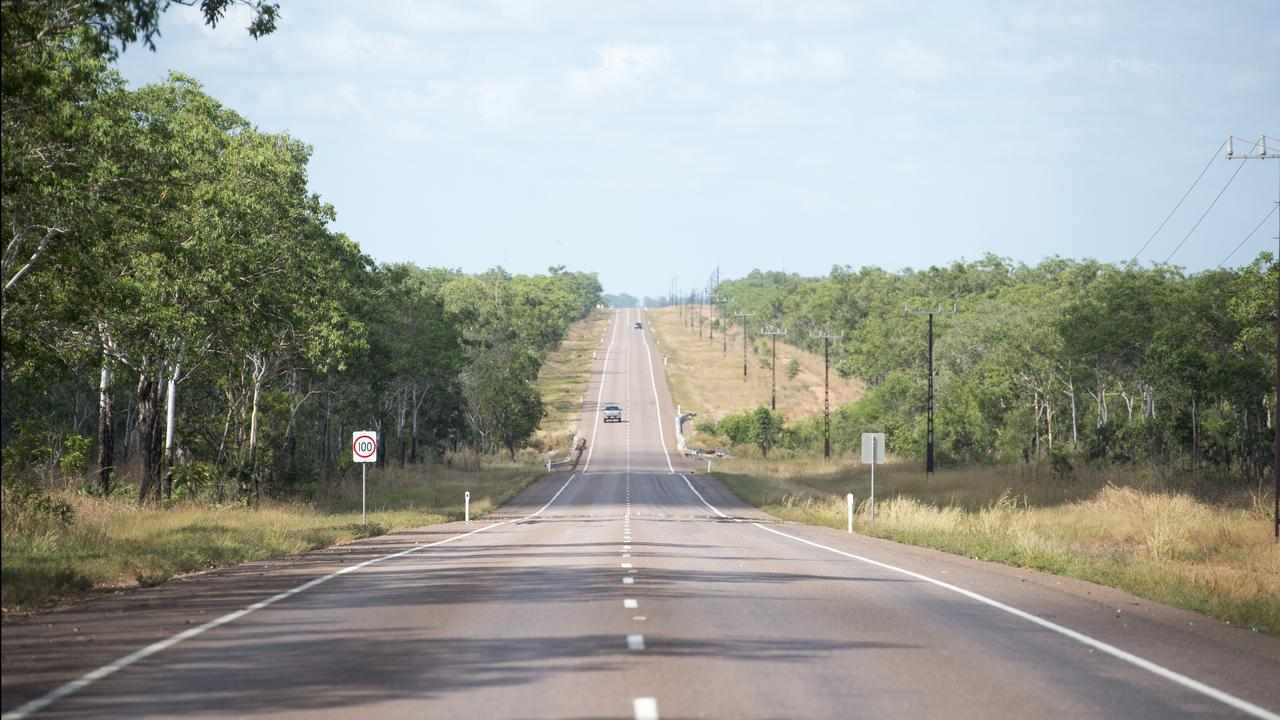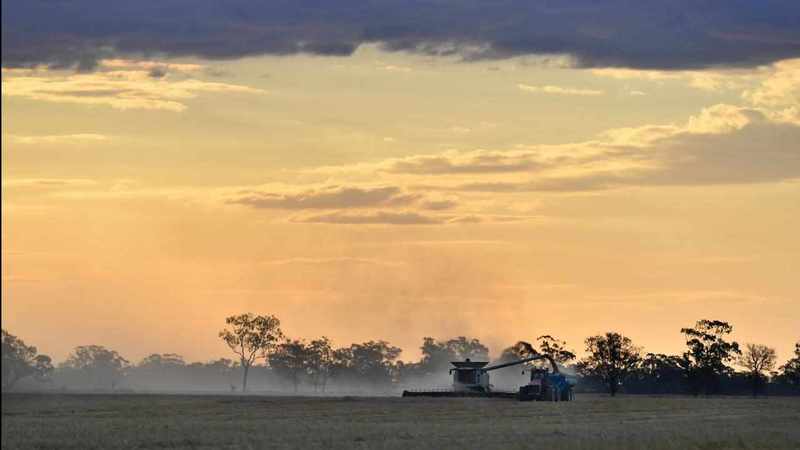People in rural Australia are 24 times more likely to be hospitalised due to domestic violence than those in the city.
Remote Australians are more than twice as likely to die of potentially avoidable causes.
Rates of coronary heart disease, chronic kidney disease, type two diabetes, lung cancer, stroke and suicide all increase with remoteness.
Statistics about the health of Australians living outside the capital cities also show nearly 45,000 people in the bush do not have access to primary healthcare within an hour's drive from their homes.
The National Rural Health Alliance, which represents 50 health organisations, compiled the annual snapshot to show the inequities faced by those who live in the country.
The divide was particularly stark as rural Australia is home to 30 per cent of the population, with a workforce that brings in two-thirds of the nation's export income, the alliance's chief executive Susi Tegen said.
"It's more than seven million people and they are important," Ms Tegen told AAP.
"If we don't look after them, we're going to be in trouble."

The snapshot, based on data from the Australian Bureau of Statistics and the Australian Institute of Health and Welfare, also showed rural people used Medicare up to half the rate of those in the city.
There were almost 60 per cent fewer healthcare practitioners in small rural towns, and the Northern Territory had the lowest rate of GPs.
The alliance in June released research that showed a $6.5 billion shortfall on rural health spending, or roughly $850 per rural person each year.
Ms Tegen said federal and state health spending needed to be more flexible and tailored to rural and remote communities, rather than based on city models.
Many rural councils were propping up medical and aged care facilities, while some towns were fundraising to keep services open.
"These communities are crying out and they should not have to fight for something that they should be having funded in the first place," Ms Tegen said.
"They are having to jump through hoops to get basic services because the funding models are inflexible."
Rural doctors have this year welcomed progress from state and federal governments, including easier recruitment of overseas-trained doctors, an expansion of single-employer models and more rural training places.
There is also a push to recognise rural generalism - which gives GPs advanced training in specialist areas like obstetrics - as a specialty to incentivise doctors to work in the country.
While the alliance also welcomed those moves, the government reforms were Australia-wide.
Ms Tegen said a dedicated national strategy on rural health was needed.
"If we keep on going the way we are, we will continue to have worse and worse health outcomes."









